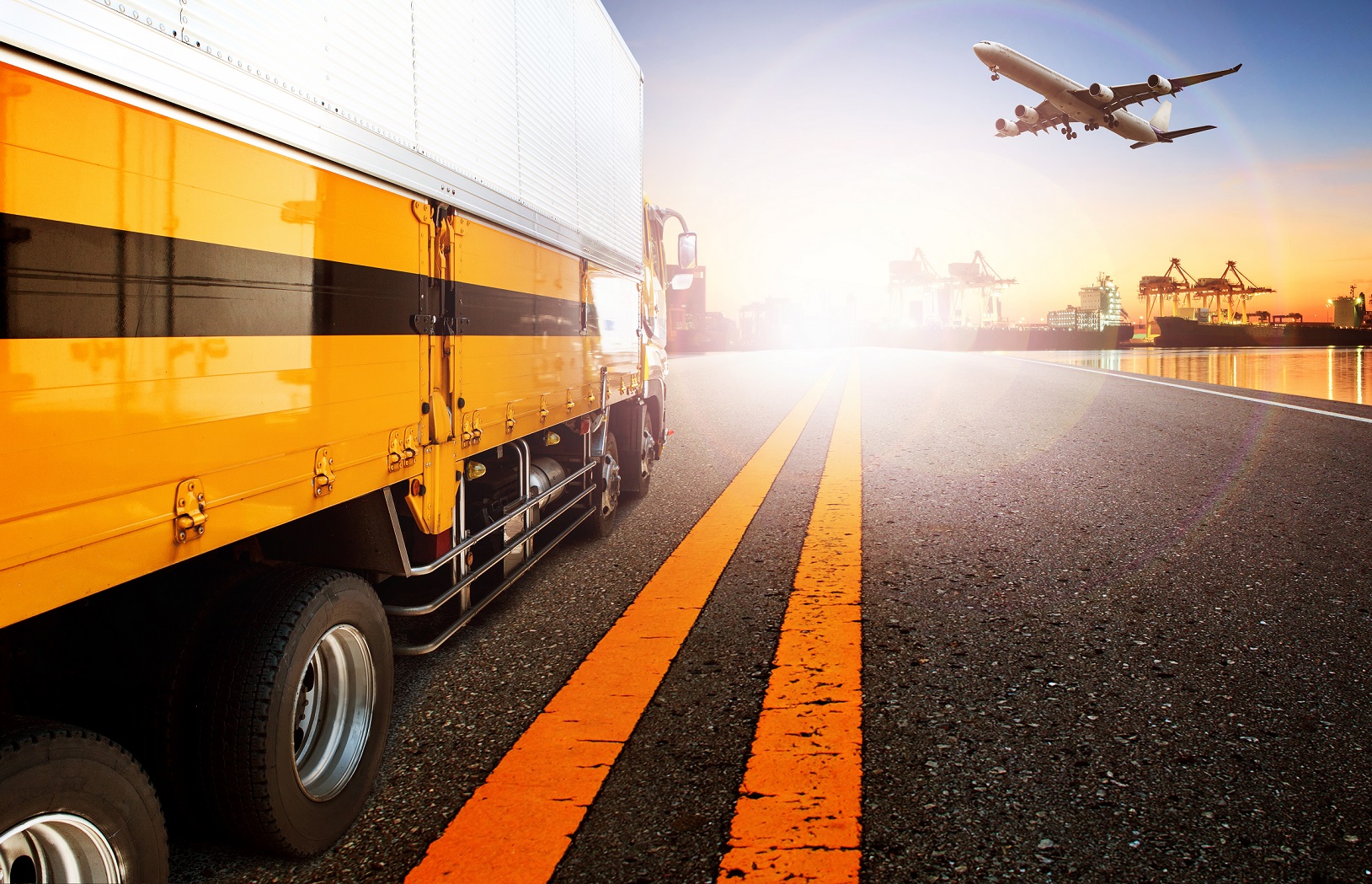Air cargo RFS providers decarbonise trucks fleets
11 / 07 / 2022

Photo: Shutterstock
Decarbonising truck fleets is firmly on the agenda for air cargo companies offering road feeder services (RFS).
Speaking exclusively to Air Cargo News, Wallenborn, Jan de Rijk and dnata shared their plans to make RFS logistics greener as global targets for zero carbon emission draw closer.
For RFS decarbonisation, Jan de Rijk is mainly focusing on biofuel. In May, it received its first hybrid truck. Manufactured by Scania, the truck will be used by its retail department for deliveries in city centres. Later this year it will take delivery of its first 100% electric truck from Doff.
However, the distances involved in RFS present a problem for electric truck uptake within the company, considering the current charging requirements, technology in use and battery weights involved.
Stephan Pieters, branch manager, Omega Logistics, part of Jan de Rijk, said: “As a company we have the goal to do as much decarbonisation as we can. Next to electric and hybrid, we are investing in the newest versions of diesel trucks.”
Wallenborn is also currently decarbonising its fleet. It’s already using a dozen LNG-fuelled trucks and is currently trialling another six electric trucks.
However, it is awaiting clarity from the EU on what clean technologies it will back before it makes any further commitments.
“There’s little in the EU sustainable and smart mobility strategy for road freight. And what there is, is very loosely defined, and it’s very long term,” said Jason Breakwell, commercial director, Wallenborn.
These clean technologies will need to be further developed to be suitable for the ranges required with RFS, Breakwell pointed out.
“Now what we’re seeing is a big investment from the manufacturers in electric vehicles and in heavy goods vehicles. At the moment, the typical range of an electric truck is between 200-250 km between recharges. Whereas our typical trip length is 500 km.”
Dnata has also committed $100m to green expenditure over the next two years – to help the company reduce its carbon footprint 20% by 2024, and 50% by 2030.
The company is currently undertaking two trials with two different manufacturers on its Renault trucks.
Cost is the biggest hurdle for hydrogen and electric aircraft













